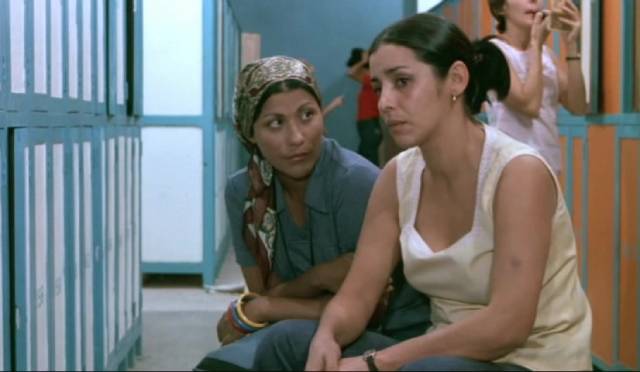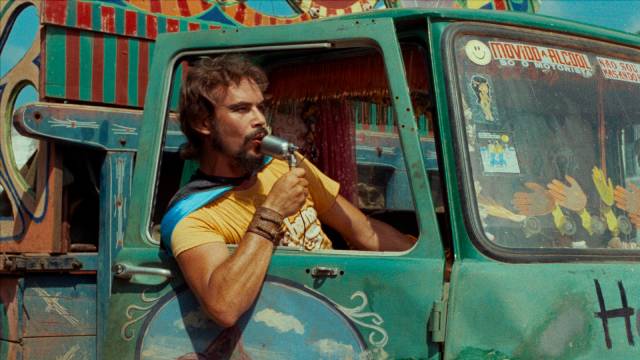The 5th Hong Kong International Film Festival, part five
Part five of my notes from the 1981 Hong Kong International Film Festival… and as always I haven’t edited these reviews in any way, although in some cases I no longer agree with what I wrote back then.
5. SOUTH/CENTRAL AMERICA

Pastor Vega’s PORTRAIT OF TERESA, from Cuba, is a pleasant, sympathetic picture of a woman breaking away from stereotyped roles and finding independence – though at the cost of her marriage. It presents Cuba as a place still full of archaic double standards – but also as a place where it’s possible to fight successfully against those standards. The woman’s personal story takes the foreground; any propaganda is kept subdued – indeed, many of the references to political life are handled tongue-in-cheek; the Party’s penchant for creating committees for this and committees for that forms a kind of quiet running gag. The film is not slick or polished, but that makes it all the more pleasing and, if you like, more honest than something as calculated as, say, Ritt’s NORMA RAE. Good performances.

My vote for most likeable and entertaining film of the festival would go without second thought to Carlos Diegues’ BYE BYE BRASIL. Certainly there were bigger, more ambitious, more serious works to be seen – but this film is a small, all-but-flawless gem. An exuberant, bawdy, hugely entertaining romp through a society on the make – a film loving but unsentimental – everything about it seems right: lush photography, finely tuned editing, lively soundtrack, marvellous acting, witty script and sensitive direction all blend together to make what can only be termed an elating experience. It’s an earthy narrative film-poem cast in the form of a journey without fixed destination, following a small group of performers as they seek out audiences and a living across the varied landscape of modern Brazil – a flamboyant magician; his occasional mistress, a dancer and sometime whore (only when ticket sales are down); a young, desperate accordionist and his pregnant, innocent wife; a huge, goodhearted strongman. They move from drought-stricken plains to dense forests to small peasant towns to bustling cities. And along the way, the film reveals dreams and disillusionment, the quest for some kind of tarnished salvation in a chaotic, changing country. There are battered peasants and massive new industries, remnants of a shattered Indian population – exploiters and exploited, people on the make, dreaming of progress and success, and betraying or selling each other and themselves as they pursue it. And in the end somehow finding themselves a place – the accordionist and his wife in a small club; the magician and his mistress in a bright, loud, glittering version of what they always were, their same old selves done up in new, flashy tinsel dress, cheerful, optimistic, and infinitely tacky like the bright progressive age they live in…. Diegues tells their story with great skill and humour (it’s an exhaustingly funny film), but also with a feel for sadness and hardship, and a belief in human adaptability, the talent for bouncing back and landing on your feet. A film of rich and subtle textures.
Comments